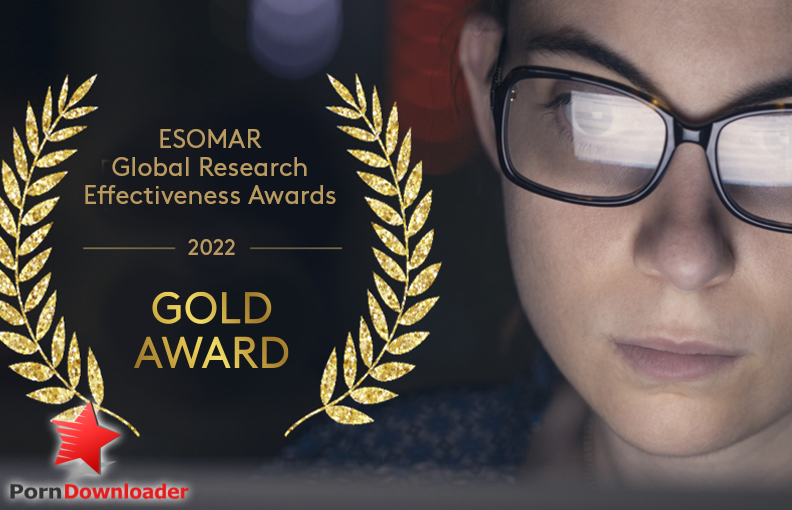XXXXX: The Secret Life of a Pornography Addict
Introduction
Pornography addiction is a complex and often misunderstood issue that affects millions of people worldwide. While it is a topic surrounded by taboo, it is essential to shed light on this secret life that many individuals struggle with. In this article, we will explore the depths of XXXXX: The Secret Life of a Pornography Addict, discussing its causes, impacts, and potential avenues for recovery.
The Beginnings: How it All Starts
1. Curiosity and Exposure
Many individuals stumble upon pornography out of sheer curiosity, whether through accidental discoveries or peer-induced exposure. The initial encounter might not indicate addiction, but for some, it can become a slippery slope.
2. Escapism and Emotional Release
Pornography offers a temporary escape from the challenges and stresses of daily life. As a form of self-medication, it provides a quick release of pleasure and endorphins that temporarily alleviates emotional pain or loneliness.
3. Fantasy and Imagination
Some individuals turn to pornography to explore fantasies or scenarios that are otherwise impossible in real life. It allows them to indulge in a world free from societal or personal restrictions.
The Vicious Cycle: Diving Deeper into Addiction
1. Tolerance and Escalation
Like any addiction, prolonged exposure to pornography can lead to tolerance, requiring more explicit or intense content to achieve the same level of arousal. This often leads individuals towards darker and more extreme forms of pornography.
2. Isolation and Shame
As the addiction progresses, pornography addicts tend to isolate themselves from loved ones and societal connections due to feelings of embarrassment and guilt. This further perpetuates the cycle of addiction, creating a secretive and lonely existence.
3. Relationship Strains
Excessive pornography consumption can strain intimate relationships, leading to decreased intimacy, distorted expectations, and even infidelity. This creates a vicious cycle of guilt and shame, as addicts turn to pornography to cope with the strain on their relationships.
Breaking Free: The Road to Recovery
1. Recognizing the Problem
The first step towards recovery is acknowledging the addiction and its detrimental effects on personal life, relationships, and mental well-being. Honesty and self-reflection play a crucial role in this stage.
2. Seeking Professional Help
Professional therapy and counseling can provide the necessary tools and support system to overcome pornography addiction. Therapists can help individuals understand the root causes of their addiction and develop coping mechanisms for healthier behaviors.
3. Building Healthy Habits and Relapse Prevention
Recovery involves replacing unhealthy habits with positive ones. Engaging in physical activities, connecting with loved ones, and participating in support groups can help individuals regain control over their lives.
Conclusion
In a world where pornography addiction is still seen as a taboo topic, it is essential to raise awareness and foster empathy towards those struggling with XXXXX: The Secret Life of a Pornography Addict. By understanding the complexity of this addiction and offering support, we can pave the way for recovery and promote healthier relationships and lifestyles.
Frequently Asked Questions (FAQs) – XXXXX: The Secret Life of a Pornography Addict
1. Is pornography addiction a real problem?
Yes, pornography addiction is a recognized issue that can have severe consequences on individuals’ lives, relationships, and mental health.
2. Can anyone become addicted to pornography?
While not everyone who consumes pornography becomes addicted, certain factors such as genetic predisposition, underlying psychological issues, and traumatic experiences can increase the likelihood of addiction.
3. How can pornography addiction impact relationships?
Excessive pornography consumption can lead to decreased intimacy, distorted expectations, and relationship strains that may result in infidelity or emotional disconnection.
4. Are there effective treatments for pornography addiction?
Yes, therapy, counseling, support groups, and self-help strategies can be effective in helping individuals overcome pornography addiction and regain control over their lives.
5. Can pornography addiction be completely cured?
Recovery from pornography addiction is possible, but it requires ongoing effort, self-reflection, and a commitment to maintaining healthy habits and behaviors.
6. How can I support someone struggling with pornography addiction?
Offering a non-judgmental and supportive environment, encouraging professional help, and educating yourself about addiction can make a significant difference in supporting someone through their recovery journey.
7. Is it normal to feel shame or guilt about pornography addiction?
Feelings of shame and guilt are common among individuals struggling with pornography addiction. Remember that addiction is a medical condition and seek help to overcome these negative emotions.
8. Can pornography addiction lead to other forms of addiction?
In some cases, individuals with pornography addiction may also develop co-occurring addictions, such as substance abuse, gambling, or excessive internet use, as a means to cope with the underlying issues.
9. How long does recovery from pornography addiction take?
The recovery process can vary for each individual, depending on factors like the severity of addiction, personal motivation, and the availability of support systems. It is important to be patient and committed to the journey.
10. Is it possible to develop a healthy relationship with sexuality after pornography addiction?
Yes, with time, therapy, and self-reflection, it is possible to develop a healthier relationship with sexuality after overcoming pornography addiction.


